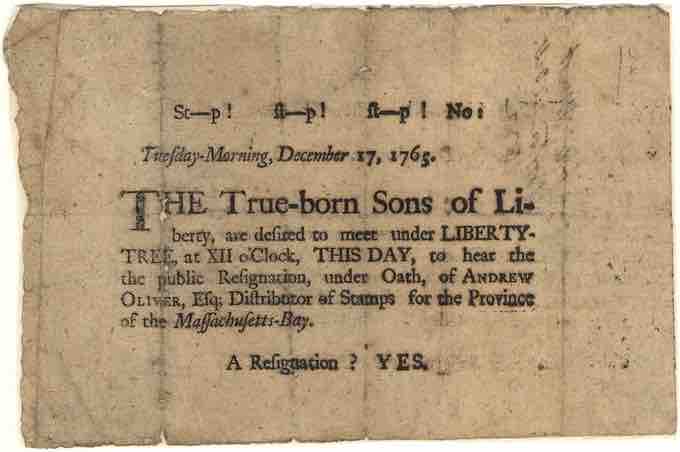"Patriots," as they came to be known, were members of the 13 British colonies who rebelled against British control during the American Revolution, supporting instead the U.S. Continental Congress. These Patriots rejected the lack of representation of colonists in the British Parliament and the imposition of British taxes.
Following the French and Indian War (1753–1763), the colonies gained much greater independence due to salutary neglect, which was the British policy of allowing the colonies to violate strict trade restrictions to encourage economic growth. During the Revolutionary War, Patriots sought to gain formal acknowledgment of this policy through independence. Confident that independence lay ahead, Patriots alienated many fellow colonists by resorting to violence against tax collectors and pressuring others to declare a position in this conflict.
Prominent early Patriots include Patrick Henry, Samuel Adams, Thomas Jefferson, Alexander Hamilton, John Adams, Benjamin Franklin, John Jay, and George Washington. These men were architects of the early Republic and are counted among the Founding Fathers and architects of the Constitution of the United States. Prior to 1775, many of these Patriots were active in the Sons of Liberty, an organization formed to protect the rights of the colonists from usurpation by the British government. They are best known for initiating the Boston Tea Party in 1773.
The Patriot rebellion was based on the political philosophy of republicanism as expressed by the leading public figures of the time, including the Founding Fathers and Thomas Paine, author of the popular pro-revolutionary pamphlet "Common Sense." The philosophy of republicanism entailed a rejection of monarchy and aristocracy and emphasized civic virtue. Patriots were also known as American Whigs, Revolutionaries, Congress-Men, and Rebels. Though not all colonists supported violent rebellion, historians estimate that approximately 45 percent of the white population supported the Patriots' cause or identified as Patriots; 15–20 percent favored the British Crown; and the remainder of the population chose not to take a vocal position in the conflict. Ultimately, Americans remained Loyalists or joined the Patriot cause based on which side they thought would best promote their interests. Prominent merchants in port cities and men with business or family ties to the elite class in Great Britain tended to remain loyal to the Crown, whereas Patriots were comprised largely of yeoman farmers. Nonetheless, people of all socioeconomic statuses populated both sides of the conflict.

Sons of Liberty Broadside, 1765
The Sons of Liberty were the earliest Patriots and incited the Boston Tea Party.